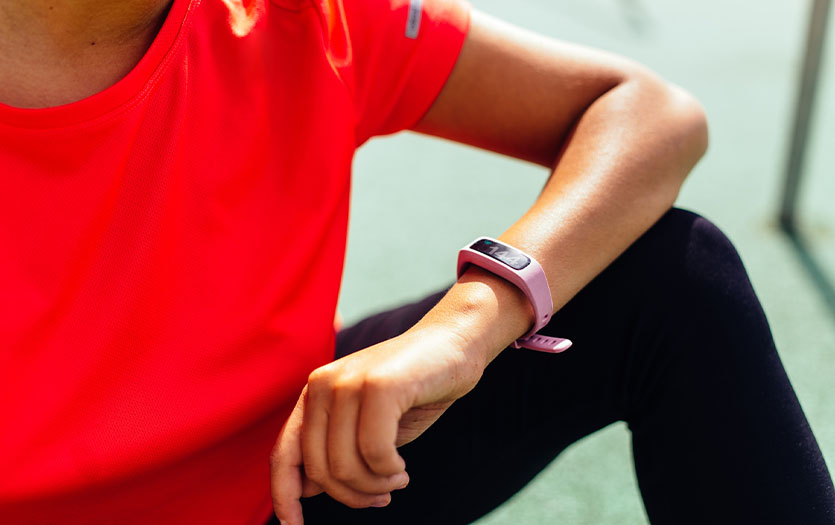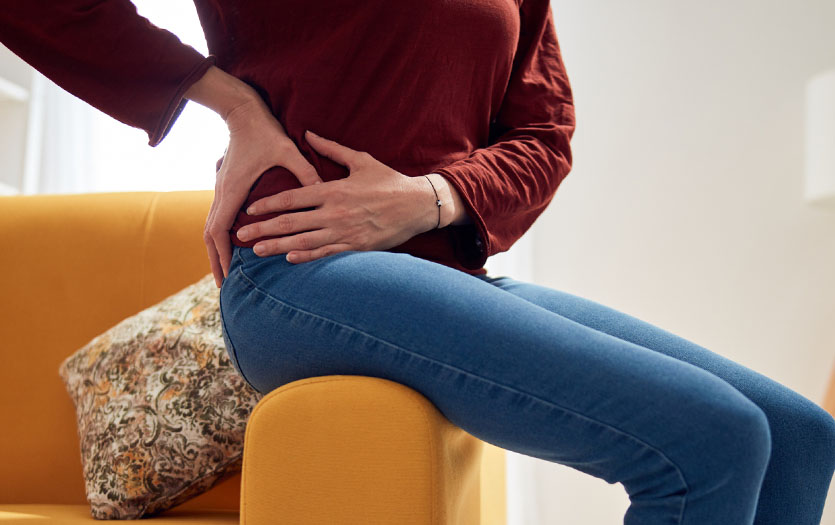
This post was written based on a presentation by Ryan Singerman, DO, PPG – Family Medicine.
General myth: As age increases sex decreases
Age-related physical changes do not mean meaningful intimacy is lost. It’s wrong to try to expect or force the same response as when you were younger, but it’s important that you don’t buy into the negative fantasy that your sex life is “over” just because you’re getting older.
Having said that, health is the best predictor of a sex life with aging. Men with poor health tend to be affected by sexual dysfunction at a higher rate than women with poor health.
Male myth: It’s my testosterone
Despite popular beliefs, the hallmark of low testosterone is not reduced sexual function. People experiencing reduced levels of this hormone are more likely to experience hair loss, fat gain, muscle loss, shrinking testicles, fatigue and low energy. Testosterone plays a large role in sex drive, but it’s not the only factor.
Male sexual dysfunction
It is common for men to experience the following changes as they age:
- Decreased strength, duration and potency of erections
- Need for greater physical stimulation
- Reduced intensity of erections
As we age, we often require more medications. These medications are common factors in male sexual dysfunction, particularly antidepressants, beta-blockers, antipsychotics and chronic pain medications.
Men also tend to put a lot of pressure on themselves to maintain their sexual health. This pressure can become a self-fulfilling prophecy of leading to further difficulties with sexual performance.
Erectile dysfunction
Approximately 8 percent of men have erectile dysfunction (ED) in their 20s and 30s. This increases to 37 percent for men aged 70-75. Men having sex less than once a week develop ED twice as fast as men having sex once a week.
Many diseases can impact erections:
- obesity
- enlarged prostate
- depression
- hypertension
- diabetes
- heart disease
- tobacco use
- alcoholism
Phosphodiesterase type 5 (PDE5) inhibitors are generally safe and effective at improving blood flow for achieving erections. These medications are commonly known as Viagra®, Cialis, and Levitra, to name a few. It’s important to talk to your doctor first if you’re taking other medications, especially nitro for heart conditions. PDE5 also comes as a suppository and injection and is effective for 80 percent of men. An implanted balloon pump is also an option you can discuss with your physician, if medications are not successful.
Female sexual dysfunction
As many as 40 percent of women (1 in 8) experience sexual dysfunction.
Falling estrogen is tied to menopause and leads to
- Vaginal dryness
- Thinning of the vaginal walls
- Thinning of the labia
- Delayed response to sexual stimulus with decreased overall excitement
Pelvic pain with intercourse also increases with menopause. Despite all these points, studies show no decrease in sexual desire with menopause.
Treatments for female sexual dysfunction
- Counseling/Therapy with a Licensed Sex Therapist – Communication can be a key factor between couples when dealing with low desire. You can find a specialist close by through the American Association of Sex Educators, Counselors, and Therapists.
- Improve body image
- Estrogen replacement – It’s important to work with a knowledgeable physician when it comes to hormone therapy.
- Lubricants – There are many over-the-counter brands. Stick to water-based options. You can also use vitamin E oil applied vaginally or oral zinc.
- Kegel exercises
- Specialized physical therapy
- Addyi® – This was the first FDA-approved oral medication for women with sexual dysfunction. It was first studied as an antidepressant. It has been shown to modestly increase the number of sexually satisfying events, but it’s important to note that it cannot be taken if you consume alcohol.
- Zestra® – This is a non-hormonal herbal over-the-counter product. In two trials, it was shown to improve desire, arousal and orgasm when applied to the clitoris and labia.
Tips for couples
- Talk to each other and make time for your significant other. Consider scheduling date nights or even sex. It will build anticipation.
- If you’re dating, be sure to use protection. The STD risk increases after age 50.
- Remember, the joy is in the journey. Orgasm should not define a good sexual experience.
- Do some research! Seek out resources for positions and strategies to make sexual activity more comfortable if you have back or hip pain.
- Exercise together. Improving your body image and weight can increase desire and function.
- Communicate and work with your physician or counselor so that they can assist you with any hurdles to your sexual health.



